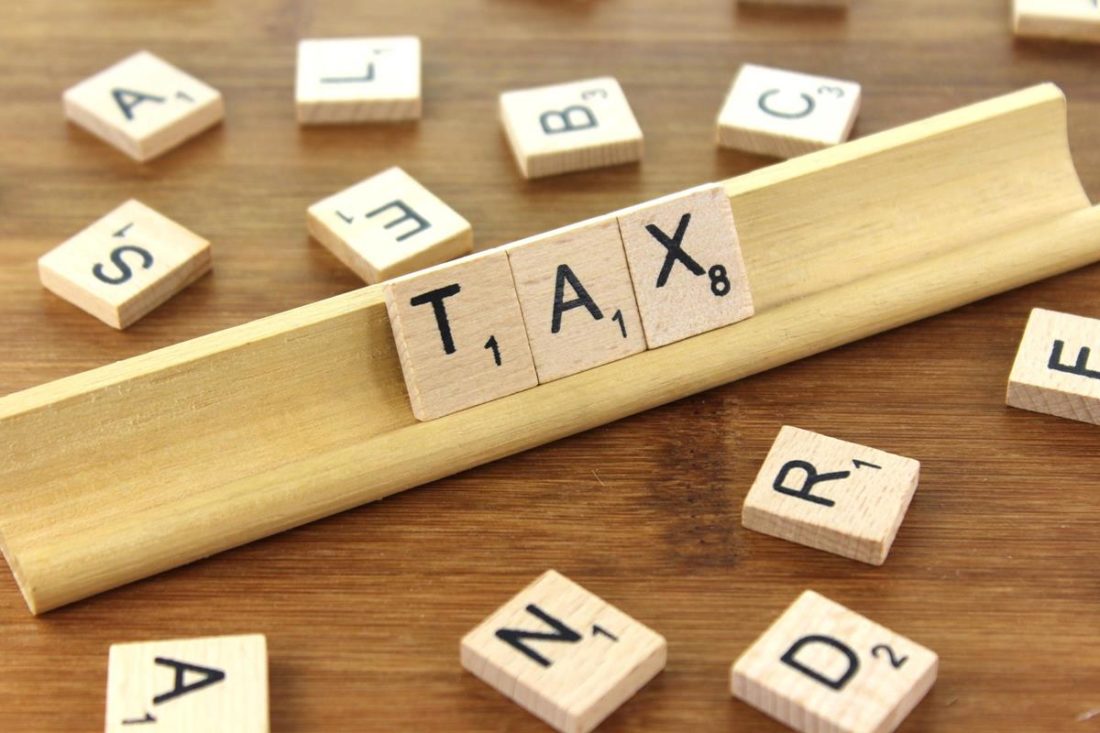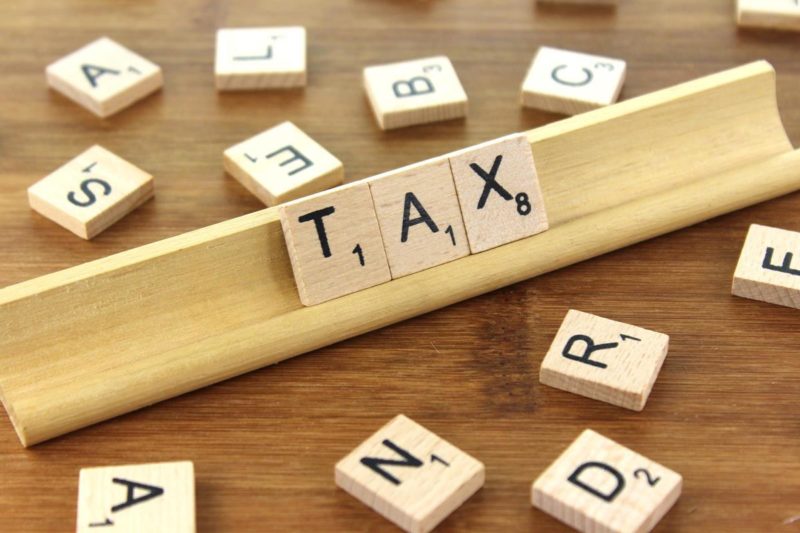The IRS issues an employer identification number (EIN) to every business so that it can file tax returns. The federal Tax ID number of an individual person is a social security number. For everything else, the IRS identifies it by an EIN number. Businesses get an EIN, and so do houses of worship, trusts, estates, and charities. Even households that employ household employees such as babysitters should get an EIN number. Sometimes it is quite clear-cut which entity type you need for the type of activity you are doing. With small businesses, though, it is a little more complicated. Many small businesses could benefit from the professional advice of an accountant or business lawyer when choosing an entity type.

If You Are Operating a Church or Charity, You Know It
Some entity designations are quite straightforward. There is little question about what constitutes a house of worship or a non-profit organization. If the purpose of the entity is to settle a deceased person’s debts and distribute inheritance money to that person’s heirs, it is clearly an estate. There is only one kind of estate, but there are several kinds of businesses.
Which Entity Type Should You Choose for a Business?
For a big business, corporation is almost the only choice. If you are starting out small, though, an S-corporation could be better. A limited liability company (LLC) is also a popular choice, especially if there are several partners. Each business entity type has different requirements regarding corporate structure and taxation. One of the perks of an LLC is that financial losses for the business do not necessarily mean financial losses for the owners.
An entity type is a category of business or other organization that has income and financial obligations. Find out which entity type best suits your business.



